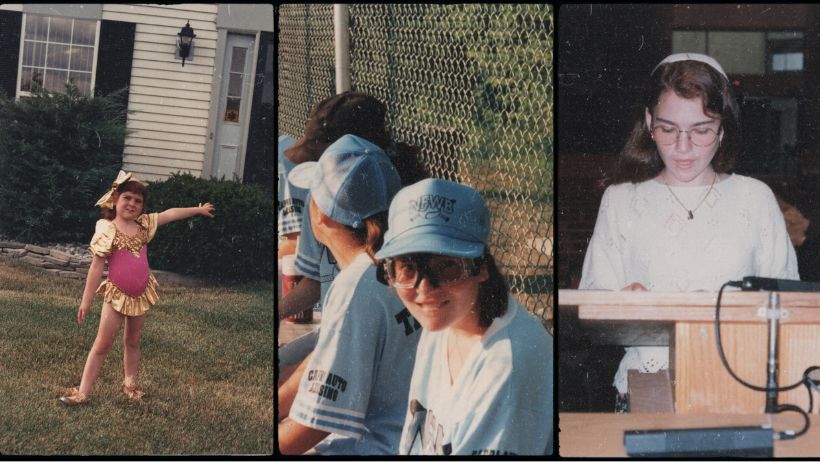I’ve always found it peculiar when we ask children, “What do you want to be when you grow up?” It’s fun to talk about potential future professions, but by no means is this a reliable gauge of a child’s long-term interests. For one thing, children are often focused on fantasies of being like their fictional heroes, with little to no grasp on the world that awaits them. It also bothers me when adults put any sort of emphasis on the answer to this question, because we’re all constantly changing, growing, and learning, and to think that something you love or excel at when you’re five will be the passion you’ll carry forever feels like an unreasonable expectation. While there are some humans who know in their core at a very early age what their purpose in life is, the vast majority of us take years or even decades to find that purpose and then create a life with it.

Does the question really affect children in a negative way? Perhaps not, but children do internalize much more than we give them credit for. So how much is ruled out early on in our minds because we receive external influence? When we feel pegged in a certain hole, our lives might not develop as freely as they could without that expectation. Moses is a prime example of this in our Torah portion this week. Thankfully, as we know, he overcomes this challenge.
Parshat Devarim begins the final section of the Torah, which shows the Israelites totally unmoored by the change in leadership and location ahead of them. Devarim stresses the covenant between God and Israel and looks toward Israel’s future in a new land as they build a society that pursues justice and righteousness. The central theme of this section of text is monotheism (the belief in one God) and building a society around the laws we’ve been given over the course of the four previous books.
The book of Devarim begins by saying “These are the words that Moses addressed to all Israel on the other side of the Jordan.” The image of Moses addressing all of Israel with strong, confident words is surprising, considering it was Moses who, way back in Exodus, said he could never be the leader because he was not a “man of words.” What changed?
Over the course of the last 40 years, Moses found his voice. He grew into a place where he no longer questioned his insecurities; he discovered he could use words wisely and skillfully. At this point in the Torah, he has not only found his power, but has maintained confidence in himself and managed to take that negative self view and flip it around. He is more than a “man of words.” He is a man who guides, teaches, and leads with those words. If only the Moses from Exodus could see this Moses now!
This moment in Torah is a clear reminder of what it means to change, to grow, and to embrace what we can become. What would it look like if we slightly changed the career question to, “What five jobs would you love to have in life?” or simply “What are you great at?” Perhaps that kind of openness would lead to more happiness and self assurance before we spend 40 years questioning ourselves in the desert.



